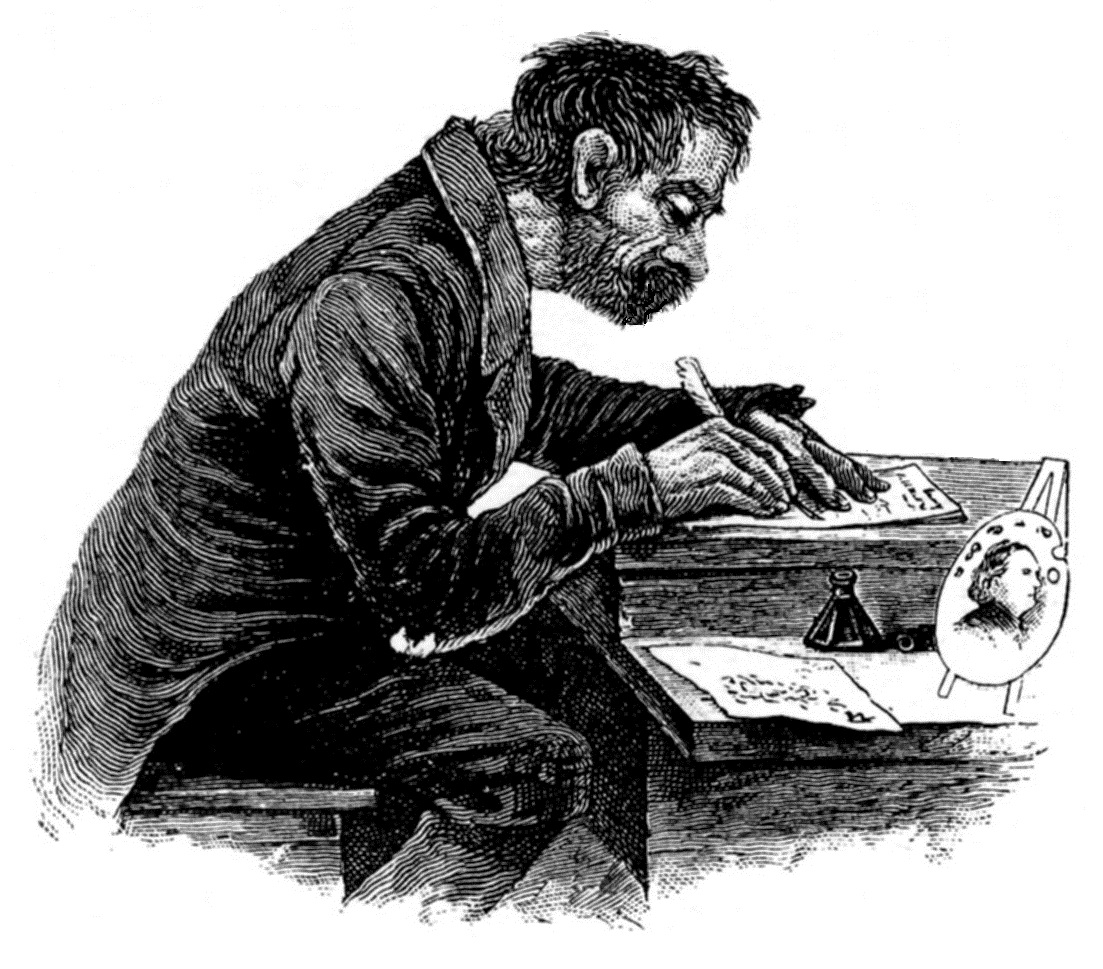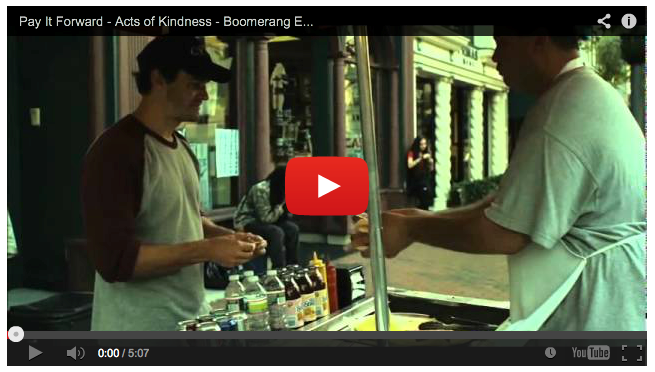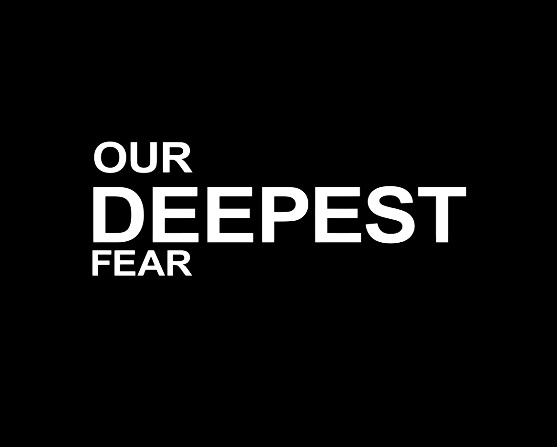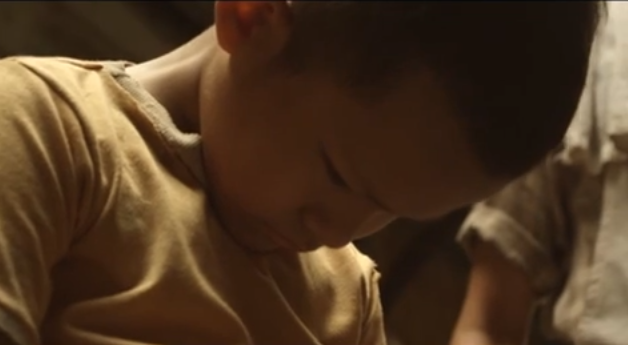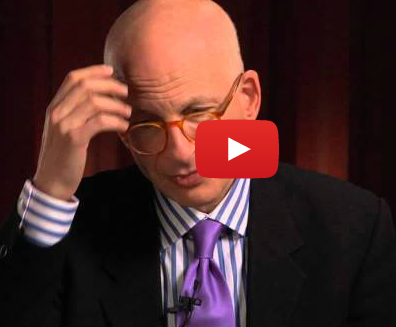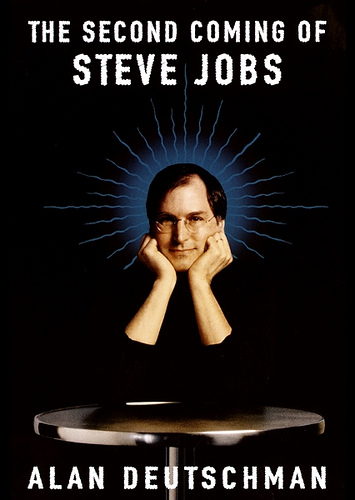
The Comfort of Mediocrity
Growing up, I struggled with low self-esteem. Sometimes I would get ‘A’s at school, but because of my poor self-image, I would often get ‘C’s and occasionally ‘F’s. I was bright and talented, but I was not confident enough to apply myself to my studies or to sports or to art. I was inconsistent – at everything.
I had a desire for success, but I wanted to do well without actually trying. I was mortified of daring to really study. What if I tried my best and then failed? Even worse, I was scared of putting in the effort, and actually succeeding. That would mean I would have to continue working hard to keep it up. Then the pressure would really be on. I remember being angry at my parents for not pushing me, but deep down I knew that it was my responsibility to live up to my own potential. It was only after leaving university that I decided to face my fears and begin working hard. It was only after adjusting my attitude that I began to succeed.
The comforting lie of mediocrity is that if we don’t bother to try, we won’t ever have to take responsibility for succeeding. Most people continue to fly beneath the radar and live below their potential because they’re terrified of deciding to be successful. Let’s face it, success is a scary thing.
Attitudes + Habits = Destiny
I read a lot. I soak up non-fiction, business books, books on self-development, classics and biographies. My reading is driven by a thirst for knowledge and for an appreciation of different perspectives. I am curious as to why is it that some people are happy, while others are not. Why is that some people succeed, and others don’t? After reading hundreds of books, and through my own experiences, I can conclude that the secret of success is a simple one.
Our attitudes, plus our habits shape our destiny. Our way of thinking shapes our prevailing attitude towards life. Our attitudes in turn direct our actions and our reactions. These daily practiced actions and reactions take on the predictable pattern that forms our habits. How we think, how we feel and what we do every day takes us step by step along the path that is our destiny.
It isn’t rocket science. The path you are on right now can be traced back to what you’re thinking, what you’re feeling and what you’re doing. If you feel like a victim, you will not act like a winner. If you think that you haven’t been given enough opportunities in life, you will not develop the habits that will help you to succeed.
If you want to achieve the happiness and success you desire, you must reset two things: your attitude, and your habits. In order to succeed, you must commit to adjusting the thoughts that go through your head every day. To be a winner, you must commit to reshaping your daily habits.
Here are ten commitments to make to yourself today to re-adjust your attitudes, re-shape your habits and re-set your destiny:
#1. I will succeed
Decide to challenge yourself to achieving the biggest, hairiest goal you can dream up for yourself. That dream exists in your heart because you know you have what it takes to do it. Don’t play it safe. Dare to make the new commitment to yourself: I will succeed.
#2. I accept full responsibility
When you make a decision to win, you must also accept responsibility for making it to your goal no matter what. Whether you’re from a challenging background, have no resources or have physical disabilities, you must make the commitment to yourself to accept full responsibility. Continue to say to yourself “I am responsible”. Repeat it over and over until it sinks in: “I accept full responsibility for my success”.
#3. I will decide on a strategy
Long-term success does not happen by accident. Figure out what needs to be done in order to achieve your goal. You don’t need to have the entire plan in mind; begin with a general idea. At each stage, you must know exactly what needs to be done next, otherwise you will choke. Commit to always pushing yourself to decide what comes next.
#4. I will do the work
This is the absolute hardest part. Planning and preparation can be fun and easy. Starting is hard. Doing is hard. Continuing to work after you’ve experienced failure is the hardest of all. But as every champion will tell you, there can be no success without first overcoming obstacles. You must do the work it takes to succeed. Commit to yourself: I will do the work.
#5. I will learn each day
In order to be a winner you must always be learning. Continuous growth and development are absolutely necessary to be a winner. Study your craft. Expand your mind. Read. Take the time to carefully analyze what’s working well, and what needs to be discarded. If you’re not growing, you’re dying. Make the commitment to become better each day through learning.
#6. I will compete only with myself
There will always be people better looking than you, more talented than you, richer than you, smarter than you. Make the commitment to compete only with yourself. When you constantly challenge yourself to be better than you were the day before, you will come out on top. Commit: I will compete only with myself.
#7. I will make no excuses
Life constantly throws us curve balls. Hurricanes happen, banks fail, we get ill. Regardless of what fate throws your way, just keep going. Forget what’s happening around you and find inspiration in your added challenges. Refuse to ever make excuses.
#8. I will give 100%
In order to win, you must persist until you succeed. You must force yourself to give 100% of yourself every time. If you don’t, you just won’t make it. Go out determined to win every battle. There are so many stories of people who came so close. But that’s not you. You will make the commitment. You will always give 100%!
#9. I refuse to play small
Doing the work, learning every day and competing with yourself is not easy. The decision to succeed demands sacrifice and passion and dedication. Never pretend to yourself or anyone else that you aren’t going to win. The voice in your head that says you’ll never make it will always be greater than the external voices of discouragement. Once you become master of the voice in your own head, haters will not even exist for you. Poof! They will disappear. It’s not about being arrogant, just refuse to play small.
#10. I will never give up
Your journey will be a series of ups and downs. There will be victories and there will be defeats. But, even when things look darkest, even after repeated failures, don’t ever give up. You’re on a path. You’ve chosen your destiny. You have made the commitment to succeed, and succeed you must.



